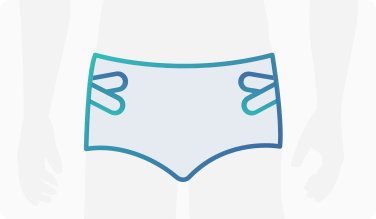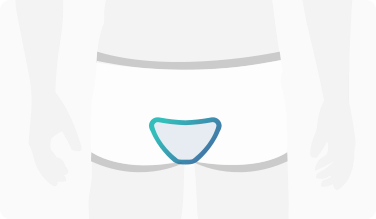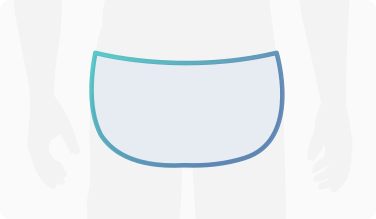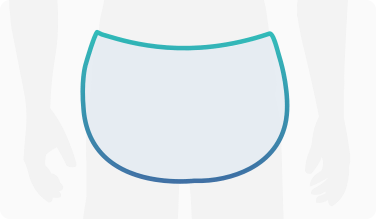What causes incontinence?

Coming to terms with incontinence: 5 strategies for support
If you or someone you know has recently been diagnosed with incontinence, it can be difficult to know how to move forward.
There are many misconceptions about living with incontinence, and sufferers can feel isolated and alone. The reality is that incontinence is incredibly common, and can be managed well with the right products and support.

Seek advice from a continence consultant
Continence nurses and consultants are specially trained in incontinence care and can provide education, advice and recommendations for managing incontinence. You can arrange an appointment at a medical clinic or outpatient service, specialist hospital departments or they can visit you at home. Cormie has a team of consultants specialising in continence to answer your questions.
Use products specially made for incontinence
Menstrual pads, toilet paper, towels or extra pairs of underwear simply will not cope with urine, leaving you at risk of skin irritation, leakage into clothing and little to no odour protection. Incontinence products have been specially constructed to absorb the consistency, flow and odour of urine. A continence consultant can help you find the right product and absorbency level, so you can keep your skin healthy, stay comfortable and odour free, and regain your confidence.
Stay hydrated
Despite fears about being able to control a full bladder, you need to stay hydrated by drinking plenty of water. Concentrated urine can actually irritate the bladder and make things worse. Caffeinated, sweet and carbonated drinks can also cause irritation; water is best. About two litres of fluid per day is recommended, even more if you’re exercising or it’s a particularly warm day.
Start a bladder diary
Keeping track of bathroom use, leakages and fluid intake can assist your doctor in diagnosing any incontinence issues, as well as help you feel more in control of your condition - especially if you notice patterns in behaviour or changes in your symptoms. Your diary should include notes about where you are or what you were doing at the time of any leakages, details about how much fluid you’ve consumed, and whether or not you felt an urge to go. The Continence Foundation of Australia has a great downloadable guide on how to keep a bladder diary.
Join a support network or online forum
Seeking advice or support from people who are experiencing similar symptoms can be reassuring. Online forums or discussion boards are great places to hear from people in similar situations for lifestyle advice, product recommendations and general support - and you can remain anonymous if you wish. Additionally, your continence consultant or GP may have some suggestions for confidential support groups in your area.
Lifestyle changes and forward planning can make living with incontinence much less stressful.
Medical advice from trained professionals, seeking support from family, friends and support groups - whether online or in-person - as well as keeping up general health and wellbeing can all help you to regain your confidence while living with incontinence.
















